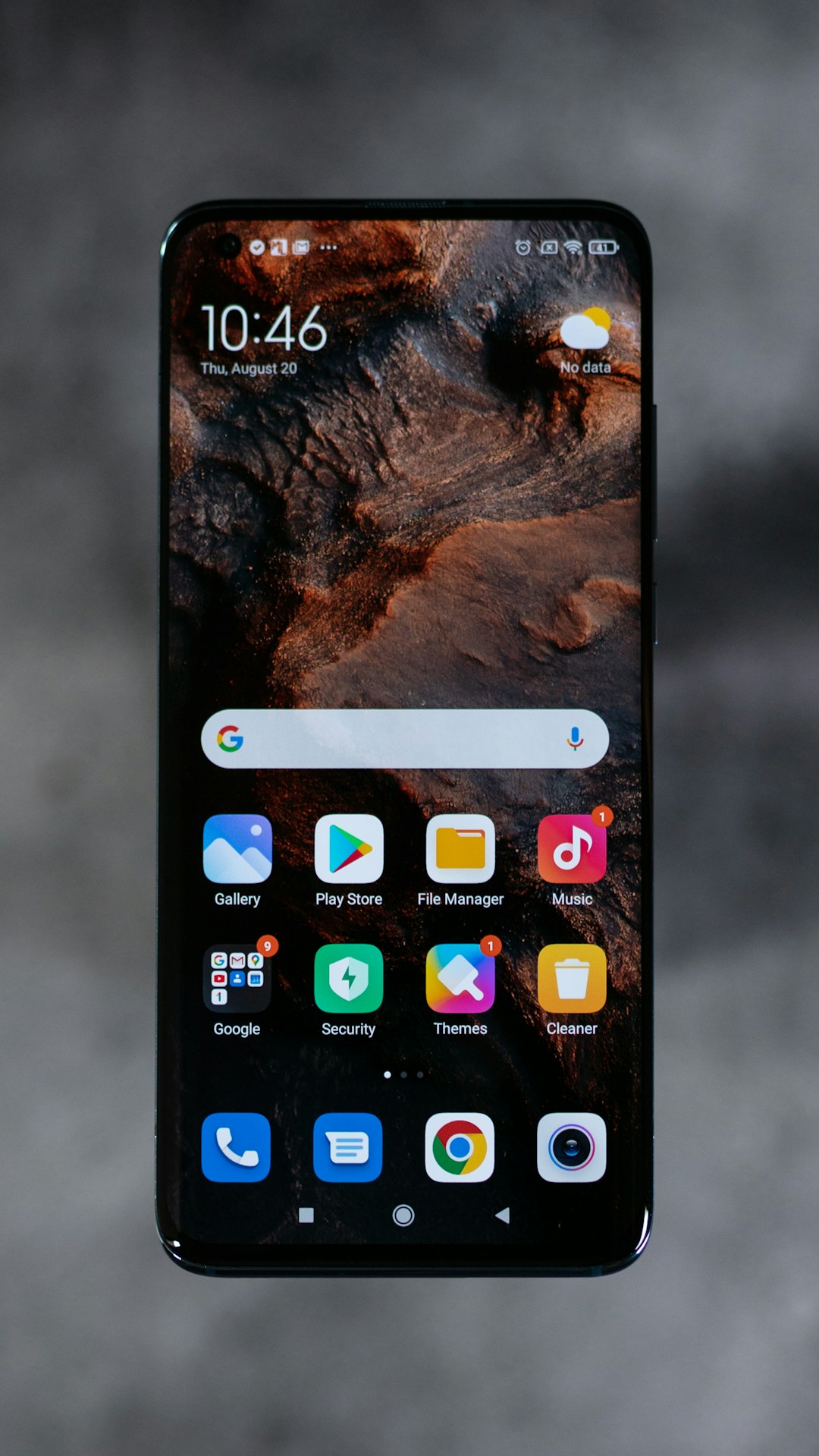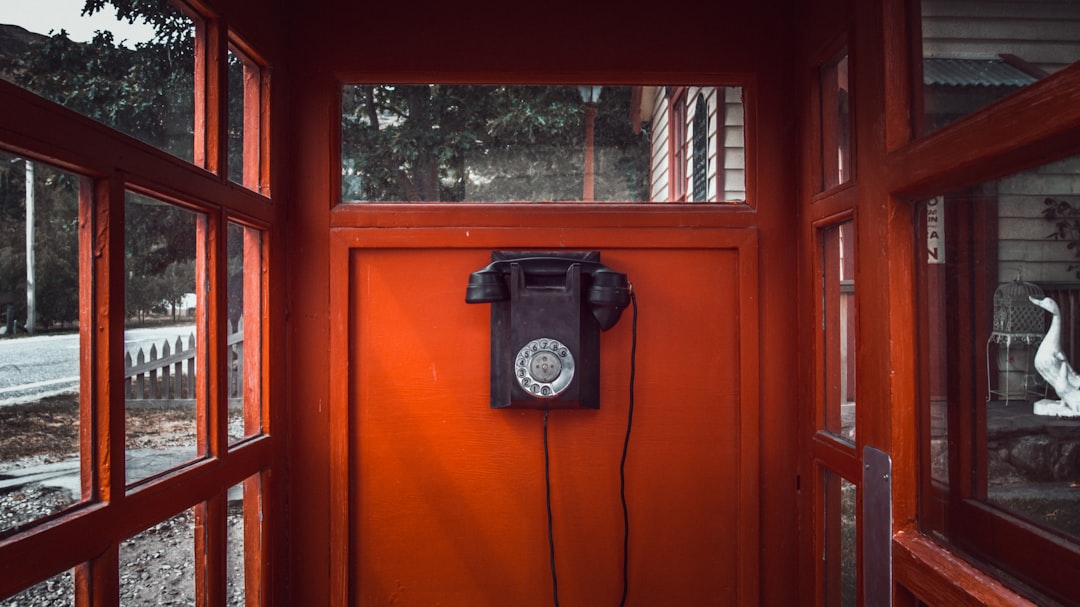Louisiana's Debt Collection Practices Act (DCPA) and Fair Debt Collection Practices Act (FDCPA) regulate communication between debt collectors and consumers to prevent harassment. Lawyers specializing in lawyer for debt collector Laws Louisiana are crucial for navigating these rules, ensuring debtors' rights to verify debts and limiting collectors' contacts to 7 per week, respecting preferences regarding timing, and ceasing contact upon dispute. Compliance is vital to avoid penalties and maintain ethical practices during financial challenges.
“In the state of Louisiana, strict regulations govern debt collector communication practices, designed to protect debtors from aggressive or excessive contact. This article provides a comprehensive guide to navigating Louisiana’s Debt Collector Communication Law. We explore legal limits on contact attempts, frequency restrictions, and the rights of debtors. Additionally, we offer insights for lawyers specializing in debt collection regulations, ensuring compliance with these intricate rules. By understanding these guidelines, both collectors and individuals can ensure fair and lawful interactions.”
Louisiana Debt Collector Communication Law Overview

In Louisiana, the communication frequency limits for debt collectors are governed by the Debt Collection Practices Act (DCPA). This law outlines strict guidelines on how often and under what circumstances debt collectors can contact consumers. A lawyer for debt collector laws in Louisiana is crucial for both debtors and collectors to understand these regulations, ensuring compliance and avoiding potential legal repercussions.
The DCPA restricts debt collectors from contacting consumers excessively or at inconvenient times. Debtors have the right to request verification of their debt and to stop all communication from the collector until they provide valid proof. A lawyer specializing in Louisiana debt collector laws can help debtors assert these rights and guide collectors on ethical collection practices, ensuring a fair and transparent process for both parties.
Legal Limits on Debt Collector Contact Attempts

In Louisiana, there are strict legal limits on how often a debt collector can contact an individual regarding unpaid debts. These regulations aim to protect consumers from aggressive or excessive collection efforts. A lawyer for debt collectors in Louisiana must adhere to these guidelines to ensure compliance with state laws.
Under Louisiana law, debt collectors are allowed a certain number of contact attempts within specific time frames. They typically cannot make more than seven contacts within a period of five days, nor can they contact the consumer before 8 a.m. or after 9 p.m., unless the debtor agrees to different hours. These limits help maintain a balance between debt recovery and ensuring that collectors do not harass or inconvenience debtors unduly.
Protecting Debtors: Frequency Restrictions Explained

Louisiana debt collectors are subject to strict regulations aimed at protecting debtors from excessive and harassing communication. One key aspect of these rules is the frequency restriction on how often a collector can contact a debtor. These limits ensure that individuals dealing with debt have some respite from constant pressure, allowing them to consider their options without undue influence.
Under Louisiana law, a debt collector cannot call a debtor more than seven times within a period of seven consecutive days or three calls in one day, whichever is less. Additionally, they must cease all communication if the debtor requests it in writing, marking a significant safeguard for those burdened by debt. Seeking legal counsel from an experienced Louisiana lawyer for debt collectors can help navigate these rules and ensure compliance to avoid potential penalties and maintain ethical practices.
A Lawyer's Guide to Debt Collection Regulations

Debt collection practices in Louisiana are governed by both state and federal laws, making it crucial for lawyers to stay updated on these regulations. When representing a client as a lawyer for debt collectors in Louisiana, understanding the frequency limits of communication is essential. According to the Fair Debt Collection Practices Act (FDCPA), debt collectors must adhere to specific guidelines regarding how often they can contact consumers. In terms of Louisiana debt collector communication, the rules dictate that collectors should not make more than seven attempts in a week or at unusual times (e.g., before 8 a.m. or after 9 p.m.).
For lawyers guiding debt collectors, it’s important to ensure their clients comply with these limits to avoid potential FDCPA violations. This includes tracking communication efforts and respecting consumer preferences regarding contact methods and timing. A lawyer for debt collectors in Louisiana should also educate their client on the legal obligations to provide validation of the debt upon request and to cease communication if a consumer disputes the debt. Adhering to these regulations not only protects consumers but also ensures fair practices, fostering trust in the debt collection process.
Navigating Louisiana's Debt Collector Communication Rules

Navigating Louisiana’s Debt Collector Communication Rules involves understanding strict regulations designed to protect consumers from aggressive or excessive collection efforts. The Fair Debt Collection Practices Act (FDCPA) sets national standards, but Louisiana has its own unique laws that debt collectors must adhere to. For instance, Louisiana limits the number of communication attempts per day and requires collectors to cease contact if a consumer requests it in writing.
Hiring a lawyer for debt collector issues in Louisiana can provide valuable guidance on navigating these rules. Legal experts specializing in this area can ensure debt collectors respect your rights, comply with state laws, and refrain from using unfair or deceptive practices. Understanding and exercising your rights under the FDCPA and Louisiana’s collection regulations is crucial to maintaining peace of mind during challenging financial times.






